Introduction:
Before you commit to a PADI Dive Training Program, it’s common to have many questions. From understanding what the certification involves to knowing the different levels, every diver wants to ensure they are making the right choice.
This blog will guide you through everything you need to know about the PADI scuba diving certification course, answer common questions, and prepare you to embark on your own underwater journey. Whether you’re a curious beginner or someone looking to advance your diving skills, we’ve got you covered.
Table of Content
Which Certification Body Is Best – PADI or Others?
When choosing a scuba diving course, people often wonder which certification body to go for. The answer is typically PADI (Professional Association of Diving Instructors), one of the most recognized and trusted diving certification agencies worldwide. With over 6,600 dive centers and instructors in 183 countries, it offers globally accepted certifications for divers at all levels.
Other certification bodies like SSI (Scuba Schools International) or NAUI (National Association of Underwater Instructors) also offer quality certifications, but PADI is often considered the gold standard.
Do I Need to Know How to Swim for a PADI Certificate?
A common concern for beginners is whether swimming skills are necessary to take a scuba diving course. The answer depends on the course:
- For entry-level experiences like Discover Scuba Diving (DSD), swimming skills are not required. It’s a beginner-friendly introduction where you will dive in shallow water under close supervision. However, it’s beneficial to be comfortable in the water.
- For more advanced certifications like Open Water Diver, you will need basic swimming skills. Specifically, you’ll need to swim 200 meters (or 300 meters with snorkel and fins) without stopping and be able to float or tread water for 10 minutes. These are simple tests to ensure you are confident in the water before progressing to deeper dives.
Being a strong swimmer is not necessary, but you should be comfortable and able to manage in the water for these entry-level requirements.
Requirements for a PADI Scuba Diving Certification Course:
While the PADI Dive Training Program is designed to be accessible to as many people as possible, there are a few requirements to keep in mind:
1.Age
For the Discover Scuba Diving experience, participants must be at least 10 years old.
For the Open Water Diver course, the minimum age is also 10, though there are some restrictions for younger divers.
For more advanced courses, the minimum age may be higher (e.g., 12 years for Advanced Open Water).
You might be wondering, “Is it possible to become a dive master at such a young age?” The answer is absolutely yes! A great example is Kyna Khare, a 12-year-old girl from Bengaluru, who has achieved a remarkable milestone by becoming the world’s youngest female Master Scuba Diver. This shows that age is not a barrier; with passion and commitment, anyone can explore the wonders of the underwater world and achieve great heights in scuba diving.
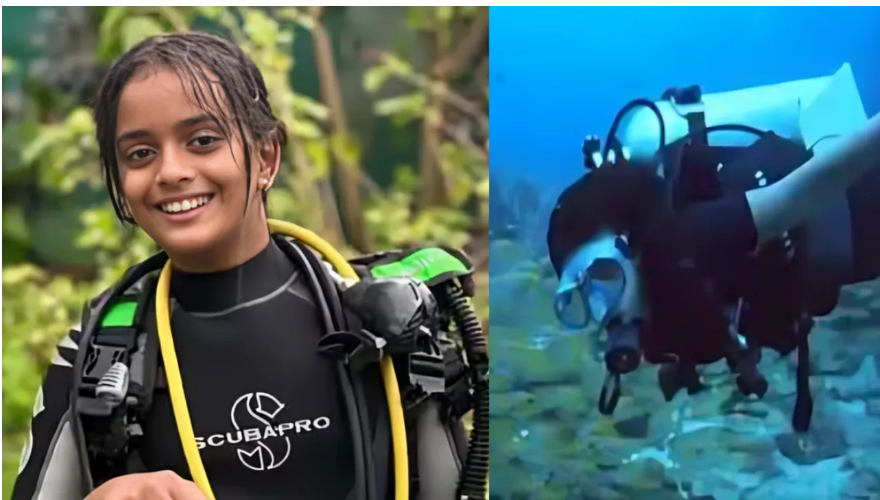
2.Health
You must be in good general health and able to answer “no” to all questions on the PADI Medical Questionnaire. If you answer “yes” to any question, you may need to get medical clearance from a doctor before diving.
It’s important to have no major respiratory, cardiac, or ear problems, as these could affect your ability to dive safely.
3.Swimming Ability
As mentioned earlier, basic swimming skills are required for most PADI Dive Training Programs, especially for Open Water certification and beyond. You don’t have to be an Olympic-level swimmer, but being comfortable in the water is essential.
4.Time Commitment
Make sure you have enough time to complete the course, as each requires a specific number of days or sessions. Flexible scheduling may be available, but you should allocate at least a few days to complete the course successfully.
PADI Course Structure
A typical PADI Scuba diving certification course consists of three main parts
1. Knowledge Development: This is the theory portion of the course, where you’ll learn about the principles of scuba diving. You can study online through PADI eLearning or attend in-person classroom sessions. The knowledge development section includes topics like underwater physics, dive planning, and safety procedures.
2. Confined Water Dives: These practice dives take place in a pool or shallow water, where you’ll learn and perfect basic skills, such as mask clearing, buoyancy control, and emergency techniques. This part of the course gives you the chance to build your confidence before heading into deeper waters.
3. Open Water Dives: The final part of the course is where you apply your skills in real-world conditions. You’ll complete several dives in the open ocean, practicing everything you’ve learned under the supervision of your instructor. This is where you get the full experience of scuba diving, and exploring marine life while demonstrating the skills you’ve mastered. These open-water dives are essential for becoming a certified diver and can be incredibly rewarding as you experience the underwater world firsthand.
Different Levels of PADI Dive Training Program
PADI offers a progression of courses to match your experience and interests. Here’s a closer look at the different levels, from beginner to professional:
Level 1: Discover Scuba Diving (DSD)
- Who it’s for: Complete beginners with no experience.
- What you’ll learn: This is an introductory experience to give you a taste of scuba diving. It covers basic skills, safety rules, and equipment handling.
- Duration: 1 day. ( Discover Scuba Diving )
- Depth Limit: You’ll dive to a maximum depth of 12 meters (40 feet) under the supervision of an instructor.
Level 2: Open Water Diver
- Who it’s for: Anyone who wants to get fully certified as a diver.
- What you’ll learn: You’ll learn all the essential diving skills, including how to handle equipment, dive planning, and underwater navigation. The course also includes safety procedures for dealing with problems underwater.
- Duration: 3-4 days. (Open Water Diver )
- Depth Limit: Certified Open Water Divers can dive up to 18 meters (60 feet).
Level 3: Advanced Open Water Diver
- Who it’s for: Certified divers who want to advance their skills.
- What you’ll learn: This part of the PADI scuba diving certification course lets you choose from a range of specialty dives, such as deep diving, wreck diving, or night diving. You’ll complete five dives in total, including a mandatory deep dive (to 30 meters/100 feet) and an underwater navigation dive.
- Duration: 2-3 days. (Advanced Open Water Diver )
- Depth Limit: After certification, you’ll be able to dive up to 30 meters (100 feet).
Level 4: Rescue Diver
- Who it’s for: Advanced divers looking to improve their safety and rescue skills.
- What you’ll learn: This course focuses on how to manage and prevent diving emergencies. You’ll learn rescue techniques, problem-solving, and how to assist divers in trouble.
- Duration: 4-5 days. ( Rescue Diver )
- Depth Limit: Same as your current certification, but with added skills for handling emergencies.
Level 5: Dive Master
- Who it’s for: Divers interested in going professional.
- What you’ll learn: This part of the PADI Dive Training Program prepares you to lead and supervise dives, assist instructors, and manage dive operations. It includes extensive diving theory, leadership training, and practical experience working with real students.
- Duration: 6 months ( Dive Master )
Best Dive Center to Start Your Certified Course – Samudra Adventures
When choosing the right dive center for your PADI scuba diving certification course, several key factors come into play:
- Safety standards
- Experienced instructors
- Quality equipment
- Overall enjoyable experience
Samudra Adventures checks all these boxes and more, making it one of the best places to begin your certified scuba diving journey.
Renowned as the first native certified dive center in Pondicherry and with over 2,000 divers trained from around the globe, Samudra Adventures offers courses ranging from entry-level Discover Scuba Diving and Open Water Diver to advanced certifications like Rescue Diver and Dive Master. They provide a comprehensive range of training to meet your needs and skill level.
To make the experience even more comfortable, Samudra Adventures offers additional facilities such as accommodation, food, and other basic necessities, ensuring a convenient and enjoyable stay during your course.
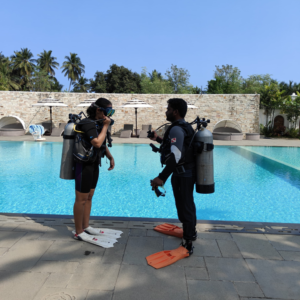
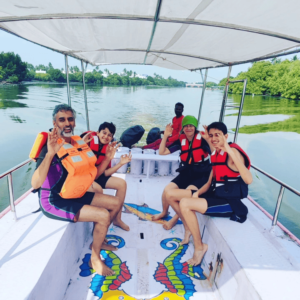
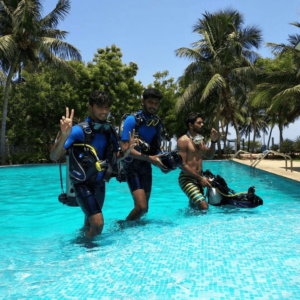
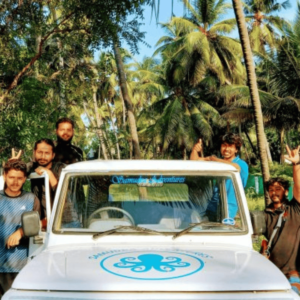
Benefit from Being PADI Certified
Becoming PADI certified opens up a world of opportunities and benefits, both for recreational and professional divers. Here’s how you can benefit after earning your certification:
1.Global Recognition:
A PADI certification is recognized and respected worldwide, meaning you can dive in any location across the globe. With over 6,600 dive centers and resorts affiliated with PADI, your certification gives you access to top-notch diving experiences wherever you go.
2.Deeper Exploration:
Once you’re certified, you can explore deeper and more advanced dive sites that are typically off-limits to non-certified divers. Whether it’s a coral reef teeming with marine life or a shipwreck waiting to be explored, PADI certification opens doors to incredible underwater experiences.
3.Career Opportunities:
For those looking to make scuba diving a career, PADI Dive Training Program certifications are the first step toward becoming a professional diver. Whether you aim to be a Dive Master, instructor, or underwater photographer, the certification is essential for building a successful career in the diving industry.
Things to Keep in Mind After Getting Your PADI Certification
After earning your PADI certification, there are several key points to remember to ensure you maintain your skills, dive safely, and make the most of your diving experiences. Here are the most important things to keep in mind:
1.Stay Active in Diving
One of the most important things to do after getting the PADI Scuba Diving Certification Course is to keep diving regularly. Like any skill, scuba diving requires practice to stay sharp and confident. PADI recommends that you dive at least once every 6 months to maintain your skills. If it’s been more than 12 months since your last dive, consider doing a refresher course, such as the PADI ReActivate program, to get back into practice.
2.Log Your Dives
Logging your dives is essential for tracking your progress and development as a diver. Many advanced diving courses and dive centers require proof of a certain number of logged dives. For example:
- Advanced Open Water Course: Requires a minimum of 4-5 logged dives.
- Rescue Diver Course: You typically need at least 20 logged dives before enrolling.
Keep track of each dive in a PADI Dive Log or through the PADI App. Make sure to record the dive site, depth, duration, and any important observations. This will help you reflect on your experiences and improve your diving skills over time.
3.Know Your Limits
One of the most important rules for any diver is to know your own limits. Avoid pushing yourself to dive into conditions or depths you’re not comfortable with. If you’re unsure about a particular dive or environment, it’s always better to err on the side of caution or dive with an instructor.
Avoid diving when you’re tired, stressed, or feeling unwell, and always practice the buddy system to ensure you’re never alone underwater.
4.Continue Learning
Even after getting certified, diving is a continuous learning process. You can enhance your knowledge and skills by taking specialty courses like Enriched Air (Nitrox), Underwater Navigation, or Deep Diving. These will allow you to explore new areas of diving and gain more confidence and expertise. Aim to expand your skills with at least one advanced course every year to stay engaged and improve as a diver.
Conclusion
In conclusion, earning a PADI scuba diving certification course is more than just a license to dive; it’s a gateway to discovering the beauty and serenity of the underwater world. Whether you’re interested in exploring vibrant coral reefs, and shipwrecks, or simply experiencing weightlessness beneath the surface, a PADI certification equips you with the skills, knowledge, and confidence to dive safely and responsibly. From basic safety practices to advanced skills in deep diving or rescue, each step of your diving education empowers you to explore deeper, go further, and experience more of what the ocean has to offer.
Can Non-Swimmers Do Scuba Diving in Pondicherry?
Yes, non-swimmers can safely do scuba diving in Pondicherry.You do not need swimming skills to…
7 Must-Try Water Sports Adventures in Pondicherry – 2025 (With Price)
Are you dreaming of a beach getaway that’s more than just sunbathing and sipping coconut…
10 Amazing Adventure Sports in Ladakh You Need to Try
Top 5 Offbeat Places in Pondicherry you Must Visit ( 2025 )
Unlike Bangalore tourist attraction places, offbeat places in Pondicherry are now attracting tourists from all…
Top 23 Scuba Diving FAQs: Everything You Need to Know Before Your First Dive.
Get certified with Samudra Adventures and explore the best scuba diving destinations in the world.
Do I need to know how to swim to get PADI certified?
Yes, basic swimming skills are required for the PADI Scuba Diving Certification Course. You need to be able to swim 200 meters (or 300 meters with a mask, fins, and snorkel) and float or tread water for 10 minutes.
What are the different levels of PADI certification?
PADI offers a range of certifications, including Discover Scuba Diving (introductory), Open Water Diver (entry-level), Advanced Open Water Diver, Rescue Diver, and Dive Master (professional level).
Is there a minimum age requirement for PADI certification?
Yes. The minimum age for the Discover Scuba Diving and Open Water Diver courses is 10 years. For the Advanced Open Water Diver course, the minimum age is 12.
What are the health requirements for scuba diving?
You should be in good health with no major medical conditions, such as heart or lung issues, that could affect your ability to dive. You may need to complete a medical questionnaire or get a doctor’s clearance.
Is the PADI certification valid for life?
Answer: Yes, your PADI certification never expires. However, if you haven’t dived in a while (typically 6-12 months), it’s recommended to take a refresher course, such as the PADI ReActivate program.
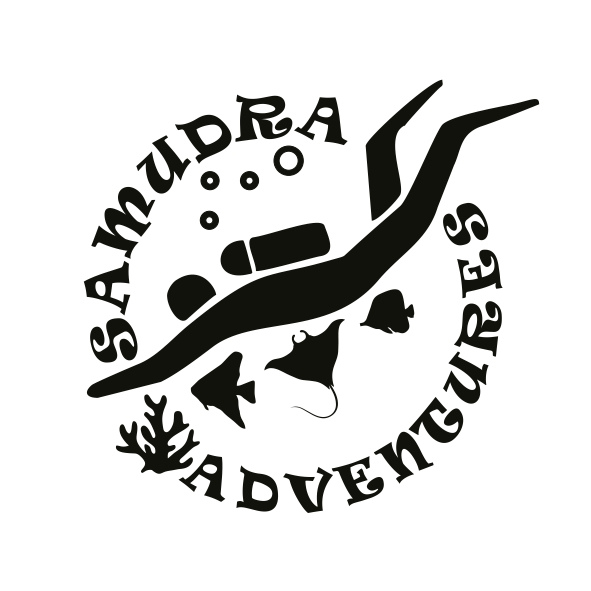

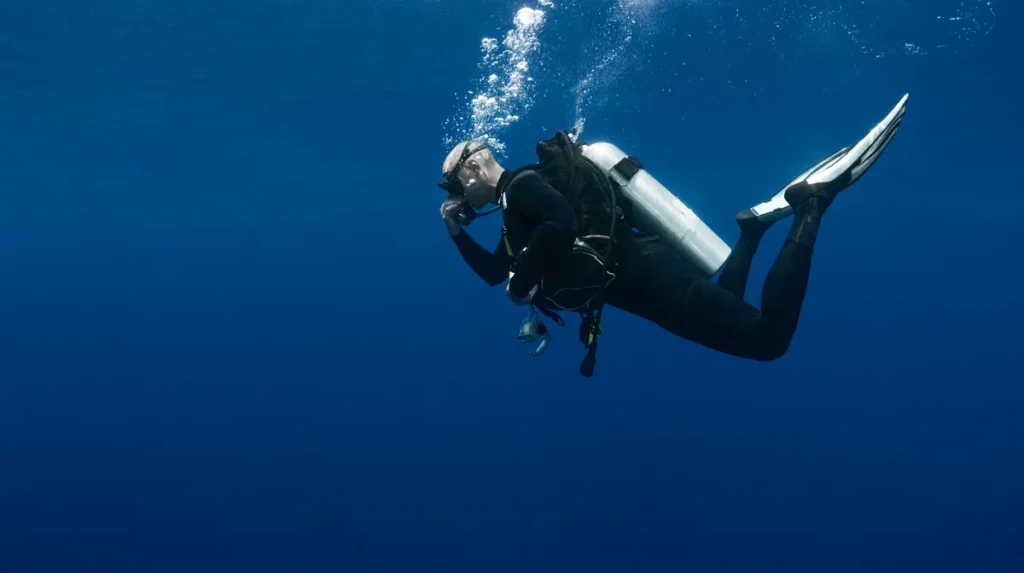



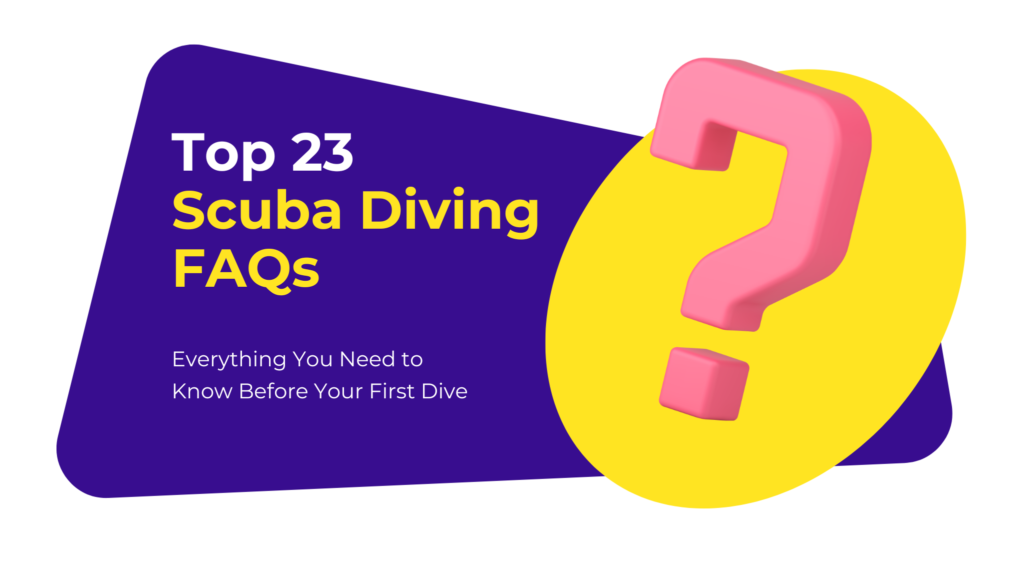
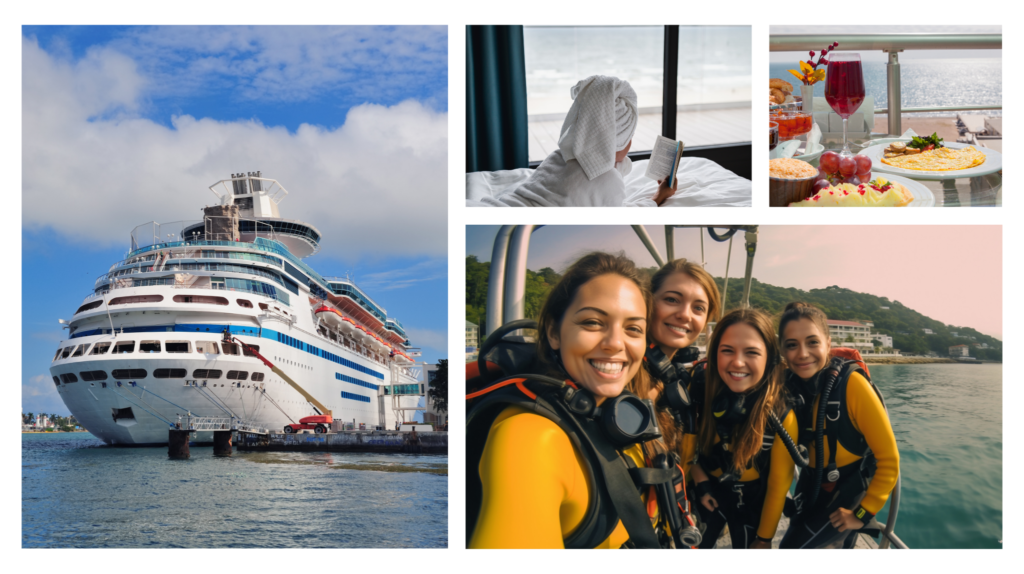
This post is a fantastic overview of the PADI certification process! I love how you break down each step, making it easy to understand what’s involved. The emphasis on safety and proper training is crucial. Definitely a great resource for anyone considering getting certified. Excited to dive in! Visit : http://www.orcadiveclub.in/
Hello I wanted to do PADI course in upcoming august could you please share the details
Thanks for reaching out to us!
For Further details of dive courses, feel free to contact us at +91 89035 20019. We’ll be happy to assist you!